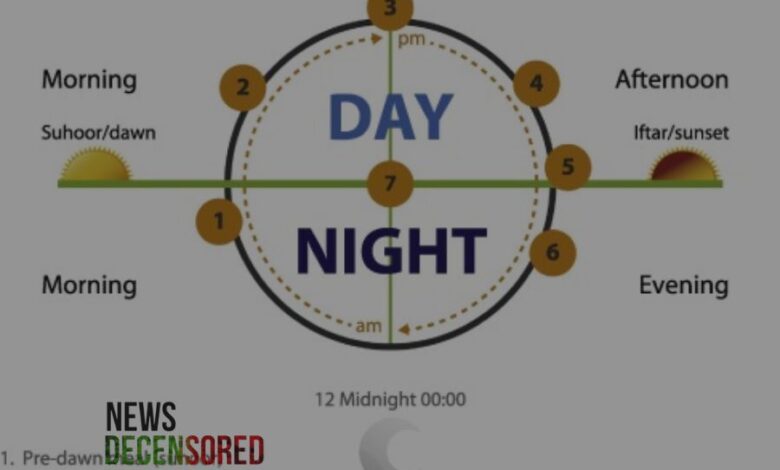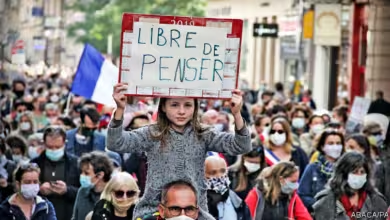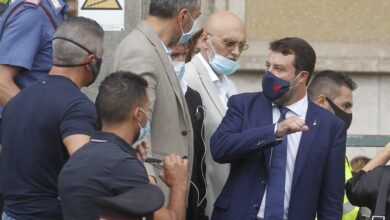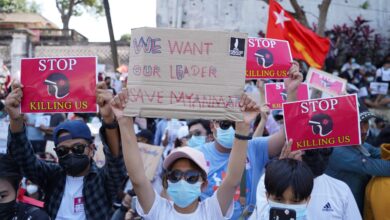Precautions for diabetes patients during Ramadan

Like every year, the arrival of the month of Ramadan is being awaited with religious enthusiasm so that the children of Tawheed can offer their fasts and prayers before the Lord.
In this blessed month, every Muslim wishes to keep a complete fast, but diabetics seem to have problems in this regard.
Health experts say that diabetic patients should take extra precautions during Ramadan and take proper food to control their blood sugar levels, otherwise, their sugar levels will sometimes be high and sometimes low.
The diabetic doctor says that with the arrival of Ramadan, the most common question is whether diabetics can fast. If you want to know the answer to this question, then this article can be useful for you.
Doctors say that in diabetes, the amount of sugar in the body is high or low, it is a disease that cannot be eliminated, but it can be controlled and medicines are used to control it, generally. These medicines last a lifetime.
A large number of people with diabetes fast during Ramadan against their doctor’s advice, but it is very important for such people to take the necessary steps in view of their disease so that they can fast as safely as possible.
Diabetic patients can fast after consulting their doctor, constant monitoring of sugar levels, and minor changes in medication dosage, but it is very important to know some important information.
Patients who are not on insulin and whose diabetes has not yet damaged their other vital organs can fast with a few precautions and minor changes in medication dosage.
However, patients who are on insulin and whose diabetes has also damaged any of their vital organs, such patients can fast with special medical supervision, strict monitoring of sugar levels, and alternating insulin units.
Patients make a serious mistake in the timing and dosage of their medicines during the month of Ramadan, leading to the risk of dangerously low sugar levels during fasting.
In general, higher doses of sugar-lowering drugs are taken before breakfast because this is followed by breakfast, lunch, afternoon tea, and dinner, while lower doses of the drug are taken before dinner. It is taken because it is followed only by dinner and sugar is low during sleep.
During Ramadan, patients make the mistake of taking the pre-breakfast dose of the medicine at Suhoor and the night medicine at Iftar and thus suffer from low sugar levels.
The amount of insulin or pills that is taken before breakfast on normal days should be taken at the time of Iftar in Ramadan and the amount that is taken before dinner on normal days should be taken at the time of Suhoor, then the sugar level will be low. The apprehensions of being become negligible.
Check your blood sugar regularly to determine if your levels are within a healthy range. This practice will not break your fast. If your blood sugar drops to an extremely low level (less than 4.0 mmol/l), you need to break the fast and treat hypoglycemia by consuming your favorite foods or drinks. For example, glucose or dextrose tablets, a glass of non-diet water, or a splash of fruit juice can help correct the low blood sugar levels.




